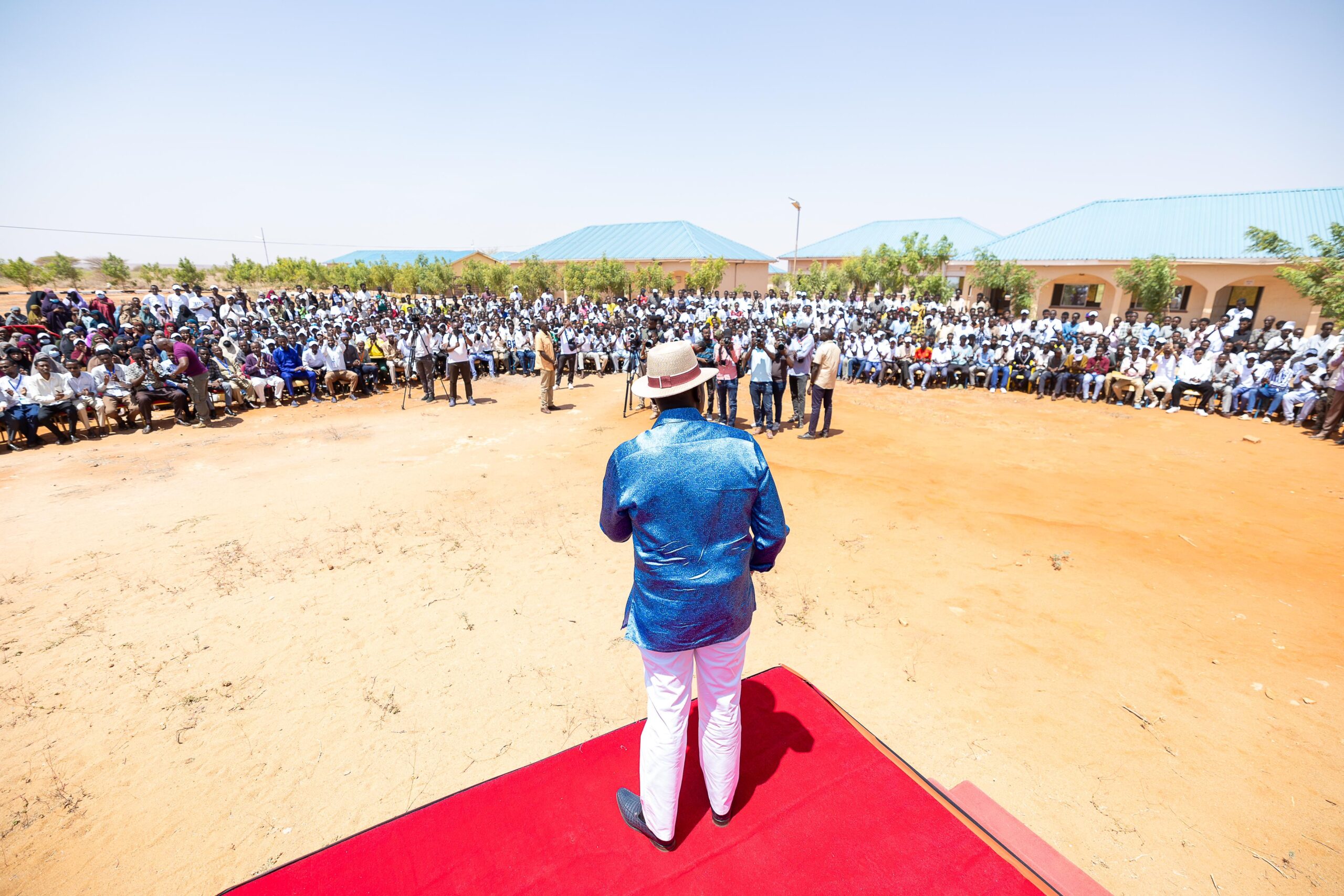
Kenya Kwanza Faces 2027 Reckoning as Public Discontent Grows » Capital News
Supporters of the regime continue to assure themselves, with unwavering confidence, that the 2027 election will be a walk in the park for President William Ruto. They dismiss murmurs of discontent and shifting political alignments within the opposition as mere theatrics by self-seekers hoping to secure government positions. But the reality on the ground tells a different story—one that suggests Kenya Kwanza is headed for a collision with public outrage.
As things stand, little shields this administration from an electoral backlash. Salaried employees are feeling the pinch of relentless deductions, their payslips raided in the name of taxes and levies that have yet to yield tangible benefits.
The mama mbogas and hustlers who defiantly chanted hatupangwingwi in 2022 are still waiting to reap the rewards of their defiance. Meanwhile, many of the administration’s flagship projects remain either stalled or reduced to PR exercises. Unless a miraculous intervention occurs before 2027, the battle will not be between political camps—it will be between the people and a failed political class. And if the past is any indication, many of the regime’s most zealous defenders may not survive the coming wave of discontent.
One of Kenya Kwanza’s most glaring missteps is the Housing Levy, which has delivered a double tragedy. The majority of contributors—the salaried workforce—are increasingly disillusioned. Their disposable income has been slashed, making access to credit even harder, let alone homeownership. Meanwhile, those promised jobs through the levy-funded housing projects are still waiting for opportunities to materialize. While the levy has injected funds into government coffers, the impact on real economic development remains elusive. Instead, we see housing projects sprouting in areas where they are arguably not a priority. Take, for example, the construction of housing units in Sironga, Nyamira County. For locals whose primary need is a small plot for a house, space to rear livestock, and land for subsistence farming, these developments do little to improve their lives.
Similarly, the Social Health Insurance Fund (SHIF) and Social Health Authority (SHA) have become points of contention. While the government touts high registration numbers as a sign of progress, the real test lies in service delivery. If increased deductions are not met with affordable and efficient healthcare, the regime will face an electorate unwilling to tolerate further betrayal. Already, opposition figures are capitalizing on this frustration. One presidential hopeful has pledged to abolish these levies if elected, making the pain inflicted by these policies a reminder to voters of an alternative leadership. If Kalonzo Musyoka is serious about his candidacy, he must move beyond mere criticism of the regime and articulate a credible alternative that directly addresses the economic struggles of Kenyans.
Economic mismanagement and political arrogance have created the perfect storm for a reckoning. The opposition, once fragmented, is showing signs of realignment. Figures like Fred Matiang’i, Kalonzo Musyoka, Eugene Wamalwa, and George Natembeya are exploring a possible alliance.
However, their credibility is undermined by the baggage of controversial figures such as Ferdinand Waititu and other Kenya Kwanza defectors with questionable pasts—fueling the president’s assertion that he faces no real competition. While uniting the opposition remains a Herculean task, one truth stands out: if the economic situation remains unchanged, public anger will transcend political affiliations. Kenyans will rally behind whoever offers a compelling alternative—not just against Ruto, but against an entire political class that has repeatedly failed them.
The opposition may be parading various names as potential challengers to Ruto, but it remains unclear what kind of formation will emerge. Many aspirants appear more focused on clout-chasing than coalition-building. As the race progresses, some will inevitably fall by the wayside, unable to navigate the complexities of mounting a serious challenge.
If the opposition hopes to unseat this government, it must go beyond mere attacks. Kenyans are looking for solutions, not just criticism. So far, no opposition leader has offered a substantive alternative economic vision—something that will be crucial in winning public trust.
Meanwhile, if Kenya Kwanza continues prioritizing early 2027 campaigns over delivering on its promises, it will soon realize that its greatest opponent is not the opposition—it is the ordinary Kenyan.
The struggling mwananchi, burdened by high taxes, economic hardship, and unmet promises, poses the biggest threat to the ruling class. The writing is on the wall. The real question is: will those in power read it before it’s too late? And will the opposition finally rise beyond rhetoric and present a formidable alternative, or will 2027 simply be another contest between broken promises?
Dr. Hesbon Owila is a Media and Political Communications Researcher.